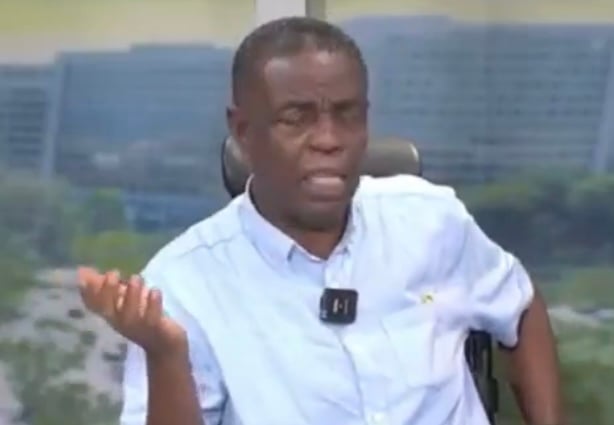Kwesi Pratt Jnr., a prominent Ghanaian journalist, has strongly criticized the recent actions and pronouncements of Kumasi’s new mayor, Richard Ofori Agyemang Boadi. The mayor issued a two-week ultimatum to street vendors in Kumasi’s central business district, threatening forceful eviction if they did not comply. Mr. Boadi justified his hardline stance by expressing frustration with the perceived ineffectiveness of law enforcement in previous attempts to clear the streets, claiming that vendors often return shortly after being arrested. He described his approach as a “democratic military style,” a characterization that drew sharp criticism from Mr. Pratt.
Mr. Pratt expressed astonishment at the mayor’s public pronouncements, which he viewed as a blatant disregard for the rule of law. He questioned how someone with such an approach could have passed the vetting process for such a significant position. Mr. Pratt’s incredulity stemmed from the mayor’s apparent willingness to bypass legal procedures and resort to forceful eviction, a move that potentially infringes upon the rights of the street vendors. He emphasized that a brief interview should have been sufficient to reveal the mayor’s disposition and questioned the thoroughness of the appointment process.
The core of Mr. Pratt’s critique centers on the mayor’s perceived disregard for due process and the constitutional rights of the vendors. He argued that a democratic society operates under the principle of the rule of law, and the mayor’s pronouncements seemed to undermine this fundamental tenet. The journalist found it particularly troubling that the mayor openly expressed his intention to circumvent established legal procedures for handling such situations, raising concerns about potential abuses of power.
Furthermore, Mr. Pratt questioned the competence and judgment of the appointing authorities who allowed Mr. Boadi to assume the mayoral office. He argued that the mayor’s pronouncements reflect not only on his own judgment but also on the individuals responsible for his appointment. Mr. Pratt expressed his belief that allowing the mayor to remain in office after such controversial statements would send a negative message about the government’s commitment to upholding the rule of law.
Mr. Pratt’s condemnation extended beyond the immediate issue of street vending to encompass broader concerns about governance and accountability. He emphasized the importance of due process and respect for legal procedures in a democratic society. He argued that the mayor’s actions, if left unchecked, could set a dangerous precedent, potentially emboldening other officials to disregard the law. Mr. Pratt’s commentary underscores the critical role of the media in holding public officials accountable and ensuring adherence to democratic principles.
In concluding his remarks, Mr. Pratt called for swift action from the appointing authorities. He stated that he would be “scandalized” if the mayor remained in office after making such controversial statements. He viewed the mayor’s continued tenure as a potential reflection on the appointing authority’s own commitment to the rule of law. Mr. Pratt’s strong words serve as a call for accountability and a reminder of the importance of upholding democratic principles in all aspects of governance.














